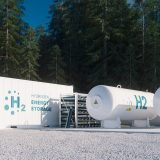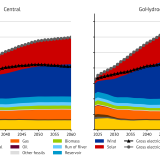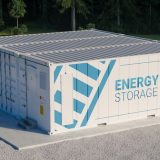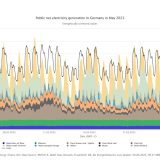Green electricity is now an established product on the electricity market and is often referred to as “green electricity”. Guarantees of origin (GoO/GO) can be used to prove this “green” characteristic, i.e. that the electricity was generated from a renewable energy plant (RE plant). According to current regulations, this green electricity certificate must be cancelled within one year. The next big step in the transformation of the energy industry is the production and utilisation of hydrogen.
Continue reading









